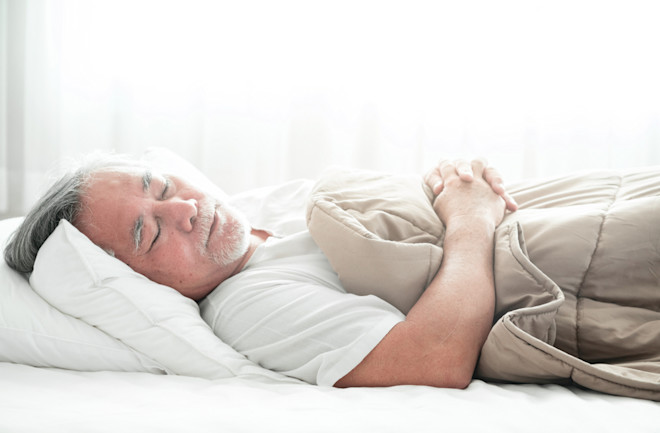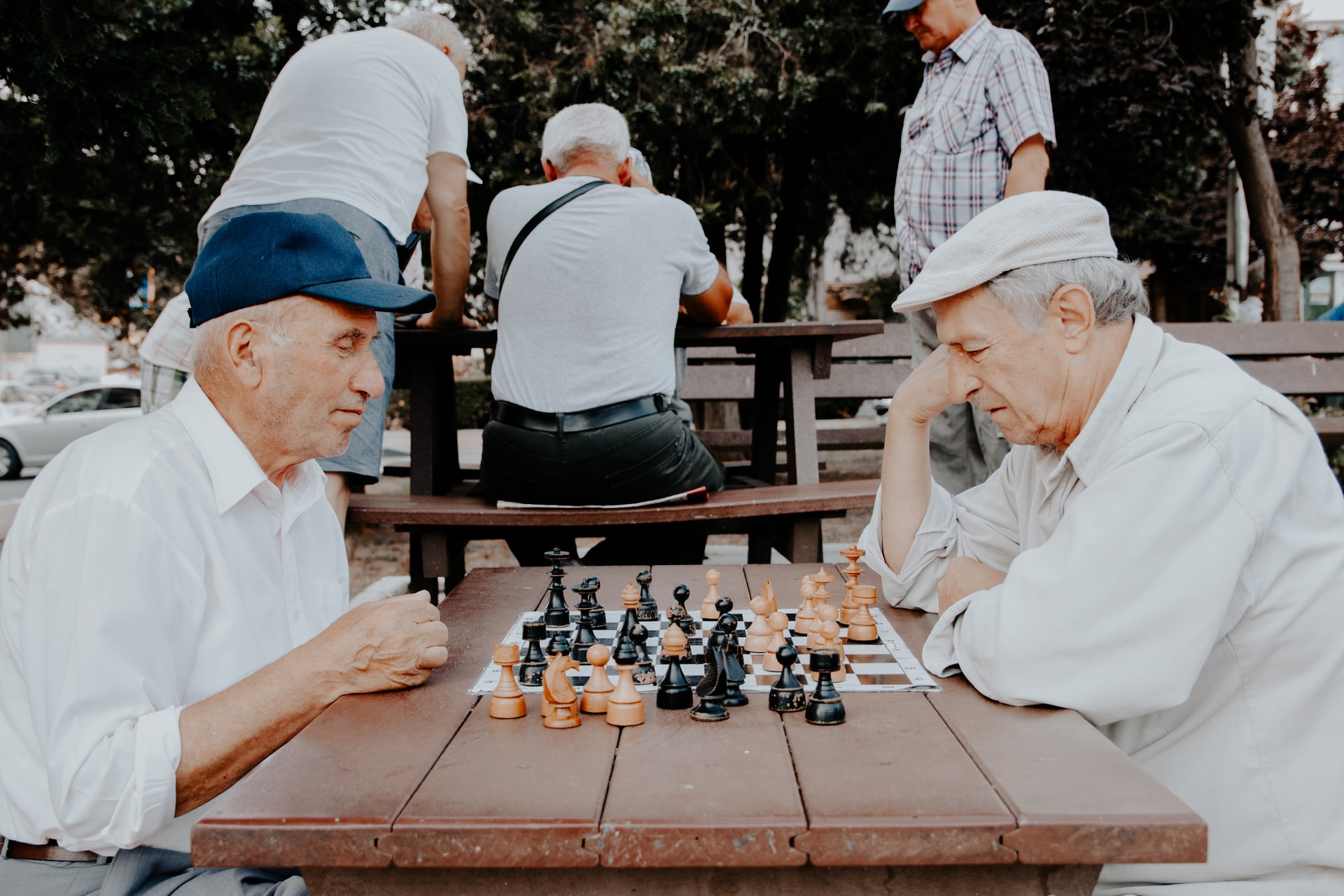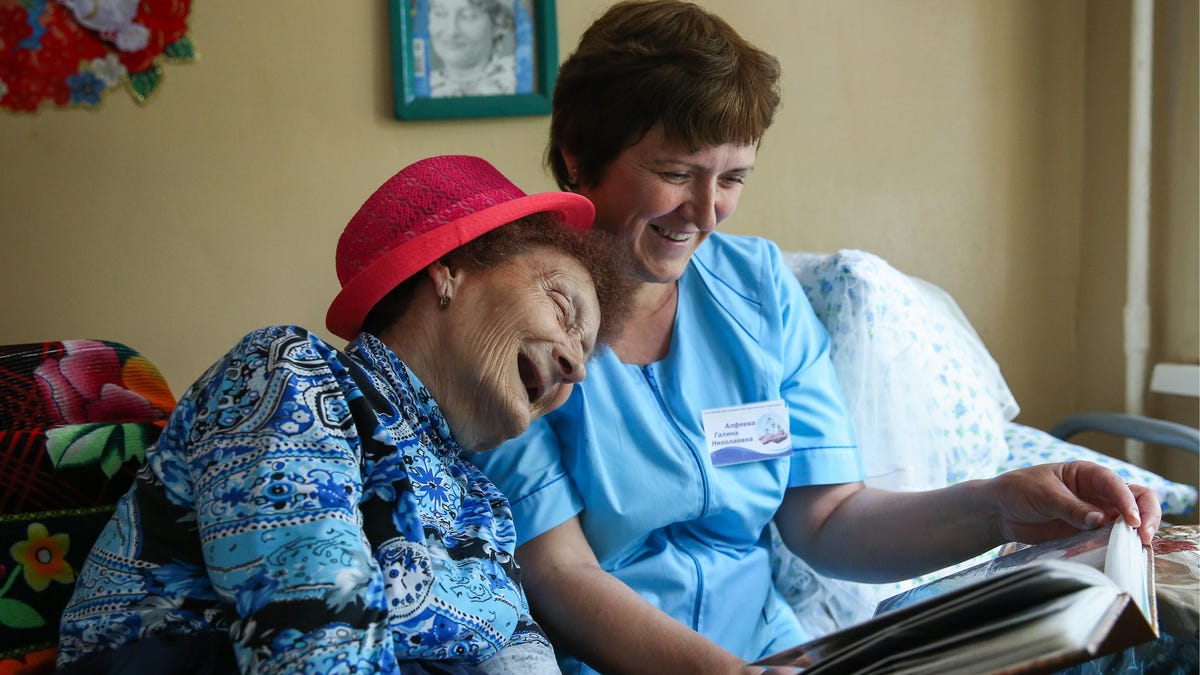People with dementia may experience sleep disturbances. This summary article explains why this happens and what can be done. Most of the tips for good sleep apply to all people, even those without dementia.
Dementia and Poor Sleep
Sleep changes with age: after age 45, people are more likely to wake up once or twice. As a result, they may nap during the day and be busier at night. And with dementia, the brain’s internal clock that controls sleep and wakefulness is more easily disrupted.
Pharmaceuticals
As a rule, sleeping pills are not a good solution. They decrease sleep quality and eventually become ineffective or work better during the day. Elderly people are susceptible to the drugs contained in these medications. Sleeping pills increase the risk of falls. For instance, 7,000 older adults are hospitalized for severe falls every year, and sleeping pills are a significant cause.
What Can Be Done for Healthy Sleep With Dementia?
You can do more than one thing for a good night’s sleep if you or your loved one has dementia. Make sure someone:
- is tired and relaxed enough to sleep at bedtime.
- does not wake (or keep) awake unnecessarily from stress or discomfort at night.
Here are some points of interest during the day, evening, and night:
- Daytime
- Adequate activity interspersed with rest periods.
- Ensure adequate daylight to inhibit the secretion of sleep hormones during the day. Daylight is also essential for a good mood. Take a daily walk outdoors. Place a table or armchair near a window. For further support, there are special daylight lamps.
- Afternoon naps are okay, but avoid dozing or sleeping during the day.
- Watch out for caffeine. Not everyone is equally sensitive, but caffeine is a mild stimulant. To be safe, drink only decaffeinated drinks after 14:00.

Evening
- Avoid crowds and stress and stay active.
- Maintain a regular bedtime. Everyone has a favorite time, so respect and stick to it.
- To avoid waking up hungry or full in the middle of the night, moderate alcohol and give them calorie-dense foods such as fruits and nuts right before bed.
Night
- Provide adequate sleeping comfort: Is the bed in the correct width? How about the firmness of the mattress? People have different preferences.
- Does someone feel safe in bed? Might it be nice to lie on a big pillow? Or would you prefer heavier blankets?
- Is the room dark enough, or do you have to turn on the lights?
- Do you ever wake up and not be able to fall back asleep? Then it is often good to get up for a while. This is true for everyone, but it often feels good to get back into bed and resume sleep after being out for a time. People with dementia need to have someone looking out for them. In some care homes, the night shift may wear pyjamas or robes to show naturally awake residents that it is night-time.
- Does anyone feel safe in bed? Would you feel better if one side of the bed was against the wall? Is the free side the exit side someone is used to using?
- Is the temperature of the room and bed suitable? Who wants more fresh air?
- Is the room quiet enough? Or do some prefer sound or music?
- Finally, it is essential to be realistic about sleep duration. Eight hours a night is already a long time for many older adults!

Do you have more tips? Share it with us in the comments below! If the above tips do not help, it’s best to consult your doctor.






